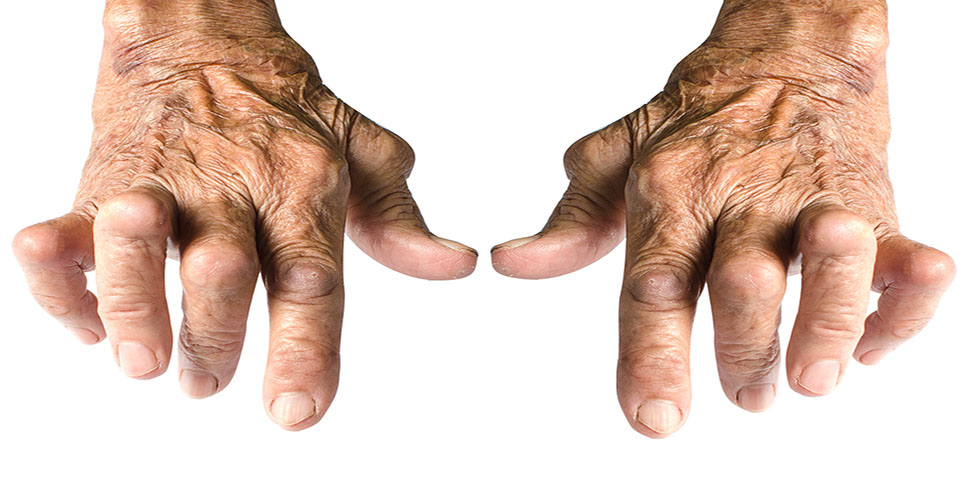↓Article continues below this sponsored advert↓

Explore the latest advances in respiratory care at events delivered by renowned experts from CofE
↑Advertisement↑
The National Rheumatoid Arthritis Society (NRAS) in collaboration with 2020health, a leading health social enterprise think tank, has announced the results from Invisible Disease: RA and Chronic Fatigue 2014, a survey of 1,954 people with Rheumatoid Arthritis (RA), to assess the impact of chronic fatigue on their capability for work, emotional and mental health as well as the overall experience of chronic fatigue caused by their RA.
These results mark the launch of RA Awareness Week (16th-22nd June) that aims to raise awareness of the invisible symptoms of the disease.
There are nearly 690,000 people across the UK with RA. Many of these people experience chronic pain, inflammation, stiffness, reduced mobility, joint function and chronic fatigue. Chronic fatigue, in particular, is an invisible symptom of the disease that can severely impact upon a person’s quality of life and ability to work.
Of concern are the survey’s findings, which show that there is a significant lack of awareness of fatigue as a serious symptom of RA amongst the public. A staggering 83% of respondents felt that the public is not at all aware of the impact that chronic fatigue has on people’s lives.
Whilst medical guidelines for RA highlight annual reviews and self-management education to manage chronic fatigue, the survey findings suggest this is not reflected in patient experience. 79% (four out of five respondents) said that their healthcare professional has never tried to measure their levels of fatigue and just under half (47%) never speak to their specialist nurse or rheumatologist about it.
Ailsa Bosworth, Chief Executive of the National Rheumatoid Arthritis Society, said “The results from the survey are eye-opening. It is abundantly clear from the report that references to the management of chronic fatigue need to be strengthened within the relevant RA clinical guidelines and that further resources urgently need to be put in place to help healthcare professionals deliver improved care.”
Chronic fatigue also has a significant impact on capability for work, the survey finds. 50% of respondents of working age said that they were unemployed. 71% of working age unemployed respondents said fatigue had contributed to their inability to work.
Julia Manning, Chief Executive of 2020health, said “Hidden from our sight, this debilitating disease leads many people into worklessness, isolation and depression. These findings are shocking. A quarter of respondents experienced job loss within a year and 50% of sufferers stopped work within six years. The fact that so many people end up dependent on benefits through this disease is, itself, a call to action”.
Further results show that:
- 90% of people said fatigue caused them to feel depressed during the last seven days
- 54% reported that fatigue negatively affected their sex life
- 8%, over 150 people, attributed the loss of a relationship to fatigue
Based on these findings, our report recommends the governments of England, Scotland, Wales and Northern Ireland to urgently initiate public awareness campaigns. The outstanding work of NRAS, which leads the way in providing support and advocacy for people with RA, is needed now more than ever. Do find out how you can support us at www.nras.org.uk
